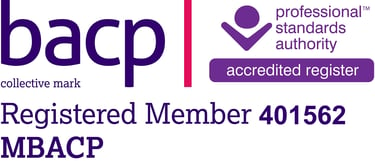The Wisdom of Self-Knowledge and Self-Love from Socrates, Buddha, and Mirdad
9/19/20242 min read


Have you ever pondered the extent of self-knowledge and self-love? The philosophies of Socrates, Buddha, and Mirdad offer profound insights into understanding and loving ourselves, leading to personal freedom and growth. Let’s dive into what these great thinkers have to say about these important aspects of life.
Know Yourself: Socrates' Timeless Wisdom
Socrates, the classical Greek philosopher, famously stated, "Know thyself." This simple yet profound advice encourages us to engage in deep self-reflection and introspection. By understanding our thoughts, emotions, and motivations, we can lead more authentic and fulfilling lives. Socrates believed that true knowledge comes from self-awareness, which in turn leads to wisdom and virtuous living.
Love Yourself First: Buddha's Enlightenment
Buddha, the founder of Buddhism, emphasised the importance of self-love as a foundation for compassion towards others. In his teachings, he often highlighted that loving oneself is not about selfishness, but rather about recognising our own intrinsic worth. By practicing self-love, we cultivate a sense of inner peace and contentment, which enables us to extend genuine kindness and love to those around us. Buddha's message is clear: to truly love others, we must first learn to love ourselves.
Freedom Through Love: Mirdad's Perspective
Mirdad, the wise character in "The Book of Mirdad," presents an interesting view on love and detachment. He asserts that true love grants us freedom - not in the sense of possession, but in liberation from attachments that can bind and burden our souls. Mirdad's teachings encourage us to love fully and deeply, while also embracing detachment, thereby achieving inner freedom and spiritual growth.
Integrating Their Teachings
Combining the wisdom of Socrates, Buddha, and Mirdad can provide a holistic approach to personal development. By knowing ourselves, we gain clarity and purpose. By loving ourselves, we nurture our well-being and create a foundation for loving others. And through understanding that love leads to detachment, we can cultivate deep connections without losing our sense of self. This integration of self-knowledge, self-love, and detachment offers a balanced pathway to living a more fulfilling and liberated life.
In conclusion, the thoughts of these great philosophers remind us that the journey inward is as important as the journey outward. By striving to know ourselves, love ourselves, and embrace the freedom that love brings, we can experience true growth and enlightenment.






